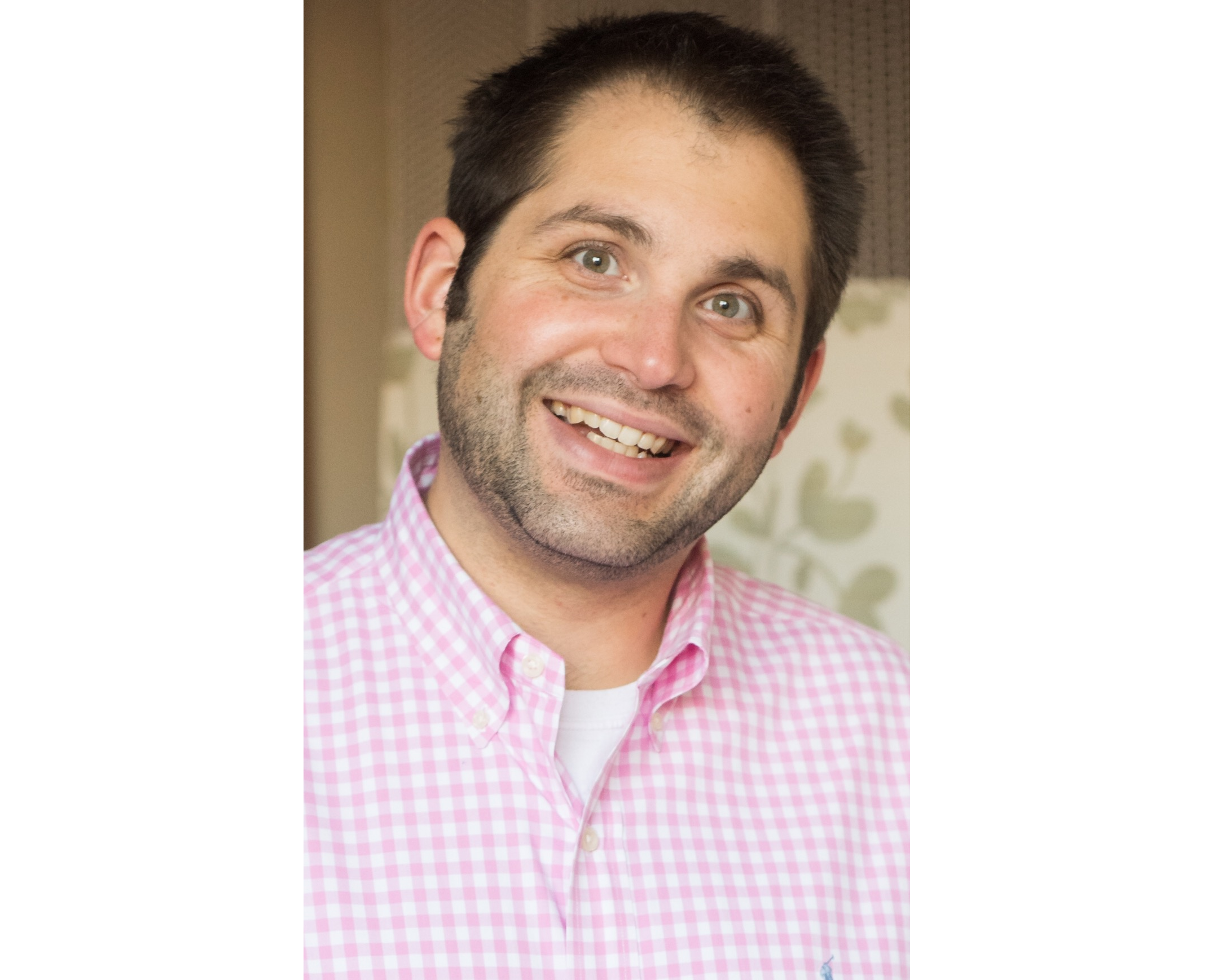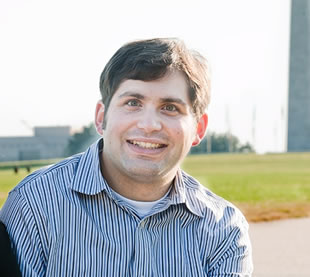
October is ADHD Awareness Month

Dr. Carey Heller is a psychologist in Bethesda, MD who specializes in the evaluation and treatment of ADHD.
Do You Know How ADHD Truly Impacts People and What Treatments Are Available?
Attention-Deficit/Hyperactivity Disorder (ADHD) is a disorder in the Diagnostic and Statistical Manual of Mental Disorders Fifth Edition (DSM-5) that is characterized by deficits in attention (i.e., trouble staying focused, being forgetful, making careless mistakes). In addition, many individuals experience trouble with hyperactivity (i.e., inner restlessness, trouble sitting still) and impulsivity (acting without thinking).
ADHD is among the most commonly diagnosed disorders in children. That being said, ADHD affects children, adolescents, and adults, though the symptom manifestation may vary somewhat when children become adolescents and adults. For example, older adolescents may be highly impulsive, but the hyperactivity may shift from outwardly observed behaviors such as getting out of one’s seat, shaking leg, etc. to more inner restlessness. In adulthood, impulsivity may dissipate somewhat, especially in terms of actions, but trouble filtering what one says may continue to be a prominent issue.
How Does ADHD Impact People
The items below are just a sample of how ADHD can impact people. Each person is different in exactly how symptoms manifest and the level of support can play a huge role in how much negative impact symptoms have on one’s functioning.
Children:
- Trouble focusing
- Overly active
- Get into trouble at school for issues with self-regulation
- Potentially develop low self-esteem
- Have the potential to fall behind academically
- May struggle with making and keeping friends due to behavior and missing social cues
Teens
- Trouble focusing
- Overly active
- May continue to get into trouble at school for issues with self-regulation
- May continue to fall behind academically
- Issues with impulsivity can have more significant impact (i.e., driving, trying/using drugs, physical actions toward peers)
- Struggle with keeping physical items organized
- Have trouble keeping track of assignments and completing them on time
Adults
- Trouble focusing
- Difficulty getting places on time
- Trouble prioritizing tasks at work
- Difficulty managing family obligations
- Increased stress around not meeting expectations
- Potential for low self-esteem
Treatment
In terms of treatment for ADHD, the use of medication, especially ones classified as stimulants, is usually the most well known and frequently used initial method for treatment. However, for many individuals, medication may not be of interest or suitable. In addition, even for those individuals with ADHD on medication, it often is not fully sufficient to treat symptoms. Specifically, medications tend to help with improving focus and minimizing hyperactivity/impulsivity. Nonetheless, they usually cannot fully target underlying deficits in executive function skills (i.e., planning, organizing, managing time).
As a result of deficits in executive functioning, paired with any co-occurring issues such as depression, anxiety, or learning disabilities, many individuals with ADHD truly need more than just medication to fully treat their symptoms. This is where a multi pronged approach comes in with psychotherapy/ADHD or Executive Function coaching to provide emotional support and practical tools to help individuals improve their executive function skills.
The severity of ADHD symptoms and how they impact people at different ages vary. Thus, treatment is not one size fits all. As a result, it is important to understand what ADHD is, how it impacts each person as an individual, and what supports are available.
The bottom line with ADHD is that it is a disorder, and it has the potential to be debilitating to varying degrees. However, it definitely does not have to be. With proper treatment and support, individuals with ADHD have the full ability to thrive in life. There are doctors, lawyers, artists, CEOs, IT professionals, and people in all sorts of other professions with ADHD who are able to function successfully and enjoy life. Thus, it is not so much about having ADHD that is the biggest issue, but rather what supports you seek out for yourself or your child or teen as well as what tools one uses on their own to enable them to be successful, happy, and at least somewhat organized.
Copyright 2018 Carey A. Heller, Psy.D.
*Disclaimer: The previous information is intended as general guidance based on my professional opinion, does not constitute an established professional relationship, and should not replace the recommendations of a psychologist or other licensed professional with whom you initiate or maintain a professional relationship*



Engage us on Facebook
Follow us on Twitter
Tweets by @mymcmedia